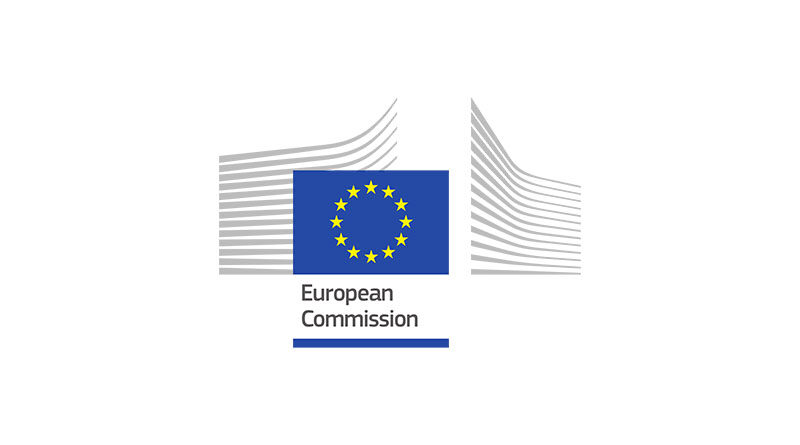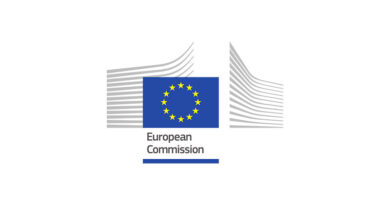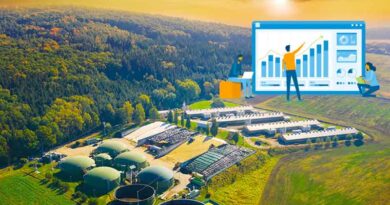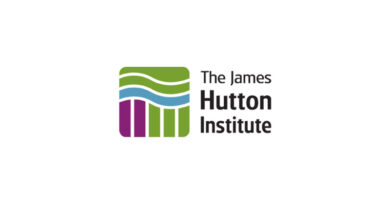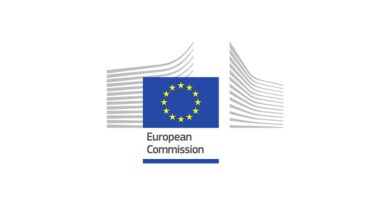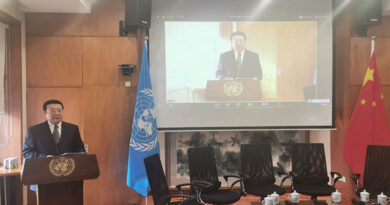Increased training, advice and innovation projects for EU farmers in 2014-2020 thanks to the Common Agricultural Policy
03 May 2022, EU: The number of farmers receiving advice and having access to training in the EU increased in the period 2014-2020 compared to 2007-2013, according to the evaluation of the CAP’s impact on knowledge exchange and advisory activities published today. The Common Agricultural Policy (CAP) introduced a number of instruments and measures to support knowledge exchange, advice and training on innovation and technology, cross-compliance and environmental sustainability. This includes, for example, the Farm Advisory System, the Agricultural Knowledge and Information System (AKIS) and the agricultural European Innovation Partnership (EIP-AGRI). In spite of the notable increase, however, the targets were not yet fully achieved, both in uptake and in spending. The new CAP plans to better focus efforts at EU and national level on knowledge exchange and innovation for smart and sustainable agriculture with a dedicated key objective for “Fostering knowledge and innovation”.
Based on an external support study and corresponding public consultation covering the EU 28 countries and the period 2014-2020, the evaluation provides guidance to maximise opportunities for making farming practices more sustainable in the future, as required by the Farm to Fork strategy.
Also Read: UPL provides 50 MT of Zeba to Bidal village in Maharashtra for Soil Application
The level of basic training farmers received increased from 12% in 2010 to 23% in 2016. Advisory services contribute to farmers’ lifelong learning, with 1.22 million farmers trained, and the number of farmers receiving advice increased from 178 500 in 2007-2013 to 643 741 in 2014-2020. By the end of 2021, there were more than 2 200 operational groups of the European Innovation Partnership for Agricultural productivity and sustainability (EIP-AGRI). More operational groups are currently ongoing and will publish their outcomes once the projects are finished. The expectation in the CAP plans for the next period is that the number of groups may triple. In the next period, they will become visible as soon as their project starts to increase the synergies with Horizon Europe projects.
In spite of these encouraging figures, the policy only reached about 10% of EU farm holdings so far, thus showing the margin for progress for the new CAP. The evaluation notes that implementation of the CAP measures for knowledge exchange, advisory activities and innovation suffered from delays and low spending due to the administrative burden. This will be greatly reduced in the new CAP. The average execution rate for all measures combined amounted to 27% at the end of 2020. There is also a need to improve the coherence and inclusiveness of farm advice overall, as well as the related measures under rural development, since they are managed by different authorities with jurisdictional powers and objectives that occasionally differ.
The need for further knowledge exchange and training is one of the ten objectives of the new CAP for 2023-2027. For example, there will be particular efforts to strengthen knowledge flows within the Agricultural Knowledge and Information System (AKIS). This will include targeted on-farm advice, building a knowledge depository with ready-made information for practice, organising obligatory training for advisors and ensuring farmers’ training which will be more demand-driven. Meetings on farms will also be organised within the AKIS network so that farmers, advisors and researchers can interact and exchange on farmers’ needs and scientists’ up-to-date knowledge. The CAP budget will support peer-to-peer activities and mobility learning programmes abroad for advisors, among other things.
The report concludes that the CAP policy on knowledge exchange and advisory activities remains relevant as it provides clear EU added value and has a significant role in helping farmers make the transition towards a green and sustainable agricultural sector. Knowledge and innovation will be a priority in the CAP Strategic Plans to better support the transition to more sustainable farming systems.

